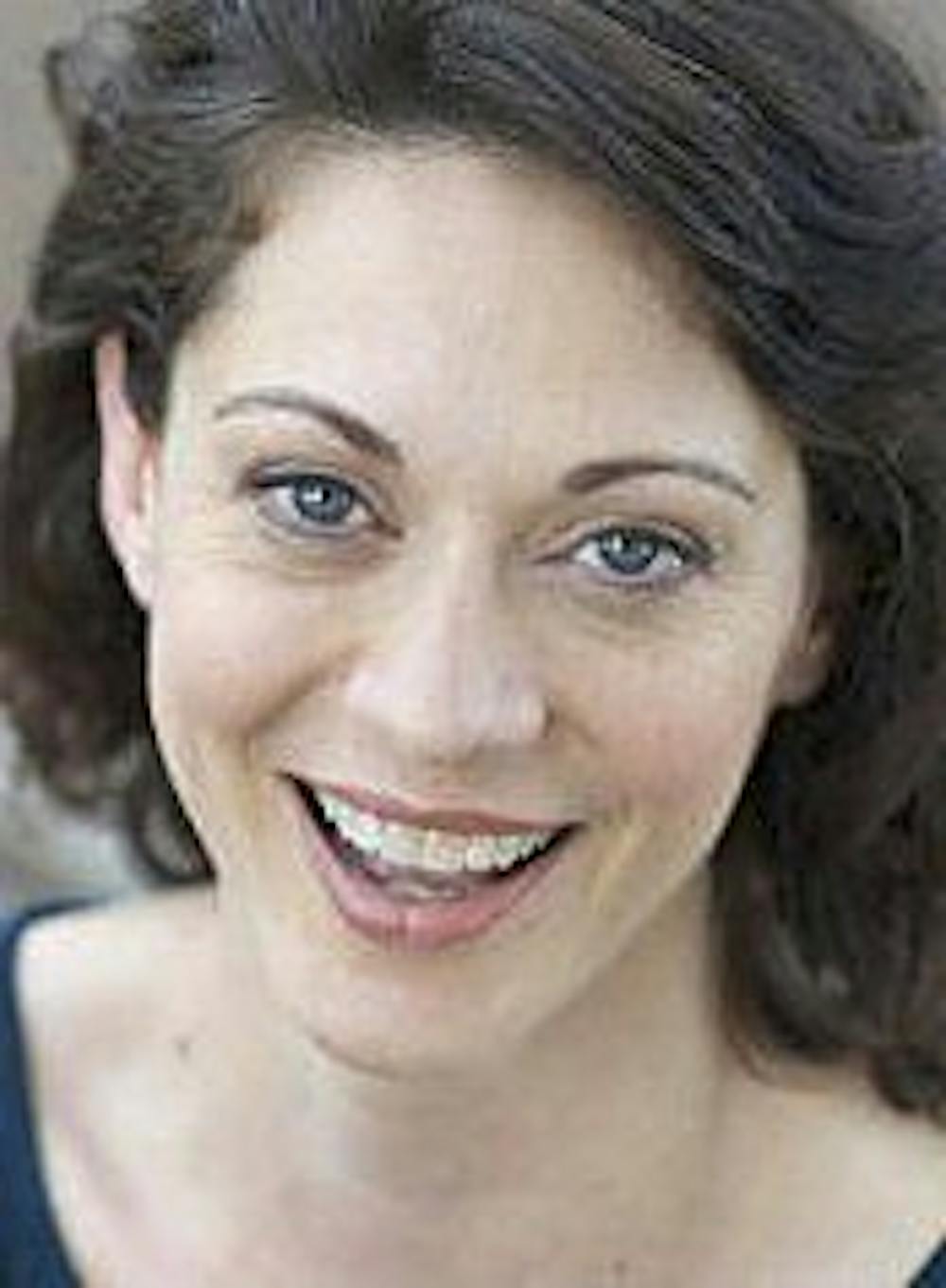The Carrboro ArtsCenter is hosting Redbird, a festival featuring five one-act plays written by local artists.
The shows opened last weekend and will continue through Sunday.
Assistant Arts & Culture Editor Erin Wygant spoke with Jeri Lynn Schulke, the stage director for the Carrboro ArtsCenter to discuss the production process and development of the premiere program.
THE DAILY TAR HEEL: What is Redbird? What is the concept behind the festival?
JERI LYNN SCHULKE: Redbird is a festival of plays written by North Carolina playwrights, named after the old-fashioned word for the state bird of North Carolina, the cardinal. We were interested in showcasing the work of local artists, so we commissioned six playwrights who came up with five short shows.
Four out of the five shows are based on other works like novels, a short story and even an older, historical book. And one of the really neat things is that these works — the books and stories — were also written by North Carolina natives. It was kind of all happenstance, but we are really happy about it.
DTH: Can you talk about how the festival has developed?
JLS: We just wanted to showcase one-act plays by locals and didn’t give them many limitations, so we didn’t know what to expect.
We originally thought that we might be able to show all five in one night if they were 20 minutes or something like that. But the writers all wrote pieces that last around 40 to 50 minutes, so we had to split up the shows into two schedules. Then we helped cast the plays, find directors — which are also locals — and get the shows up and running. There are probably 30 people working on the (five) productions.




